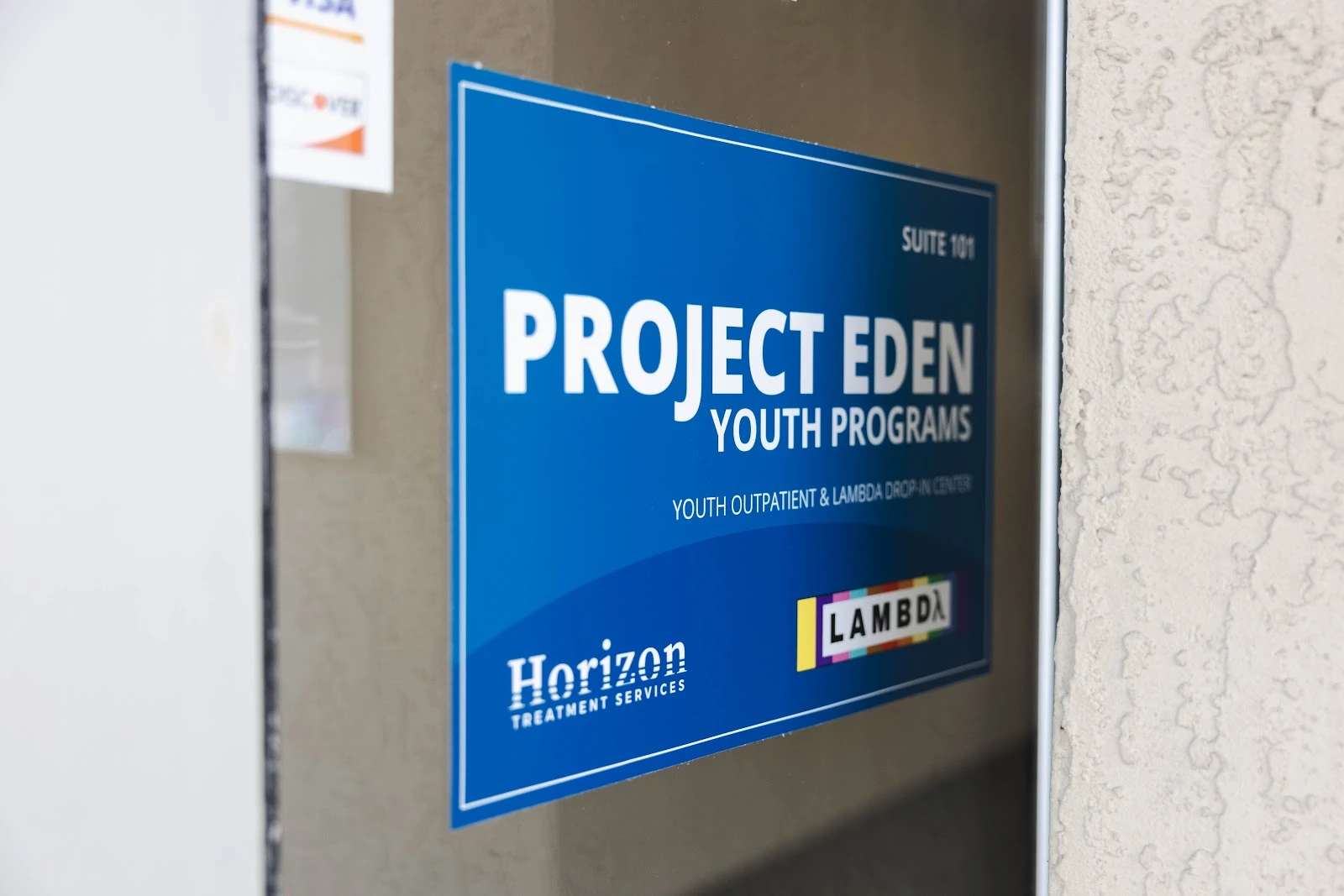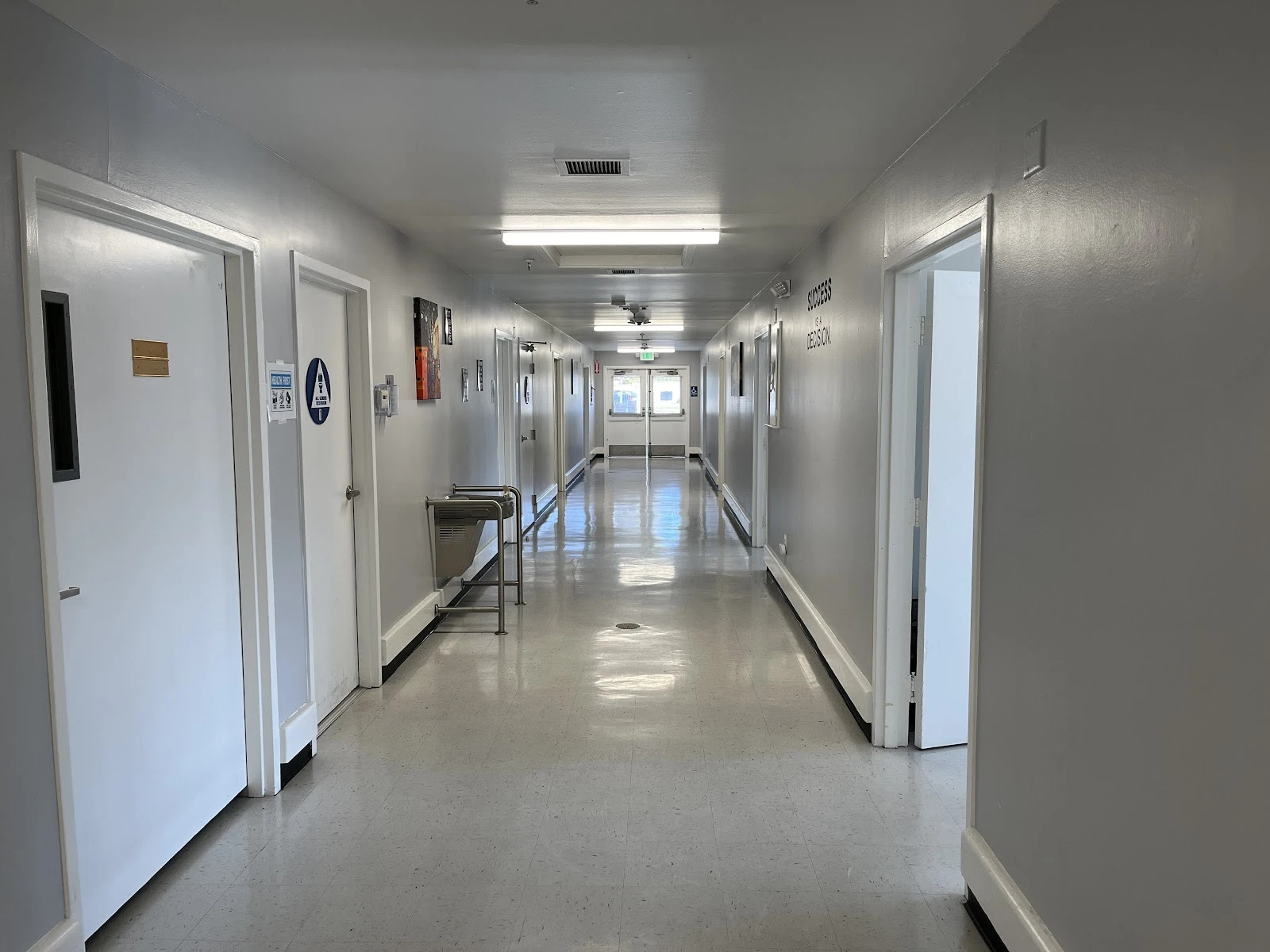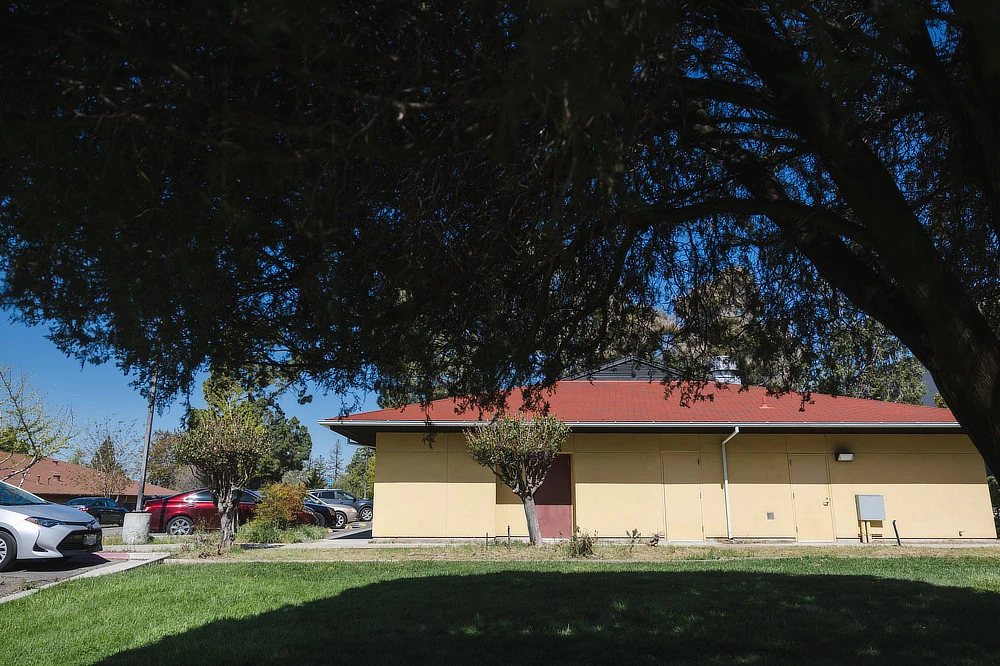Horizon Services - Palm Avenue Detox Information
Treatment
Treatment Focus
- Alcohol
- Co-Occurring Disorders
- Drug Addiction
Approaches
- Individual Treatment
- Evidence-Based
- Cognitive Behavioral Therapy (CBT)
- Motivational Interviewing
Conditions We Treat
- Depression
- Anxiety
- Co-Occurring Disorders
Substances We Treat
- Alcohol
Languages
- English
Level of Care
- Outpatient Detox
- Detox
- Co-Occurring Mental Health
Experience
Special Considerations
- LGBTQ group
- Healthy Meals are provided
Accreditations
-
State department of health
State Licenses, issued by government agencies, authorize rehabilitation organizations to legally operate within designated geographical areas. The specific licenses required for operation are typically determined by both the nature of the rehabilitation program provided by the facility and its physical location.

Additional Locations
Horizon Services - Palm Avenue Detox Accepts The Following Insurance Plans
Find the best treatment options. Call our free and confidential helpline today!













